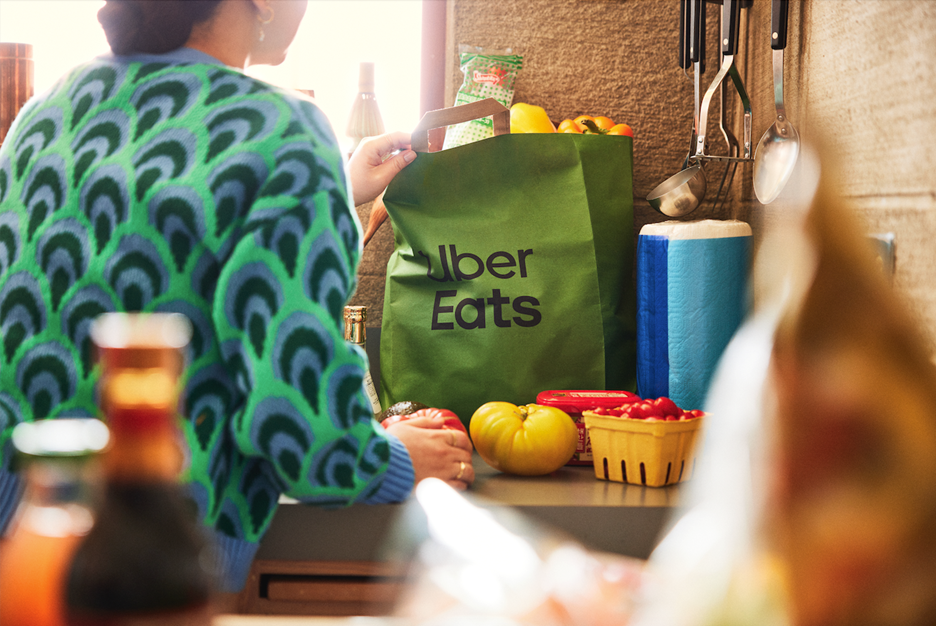Singles’s Day 2020 has beaten all records, notching up £42bn in sales across its official 24 hour run, benefiting both domestic Chinese and overseas merchants.
However, Alibaba – the marketplace behind the event – saw its share price drop as the Chinese government announced plans to curb what it sees as excessive monopolisation in the Chinese marketplace market.
The sales festival, which was launched in 2006 as the antithesis of Valentines’ Day, saw sales way ahead of last year’s £30bn, driven by increased spending by shoppers forced to stay home because of the pandemic. High-end fashion and luxury spending was markedly up, with shoppers who would usually have travelled to London, Paris, or Milan for clothes and accessories, shopping online instead.
This year’s event, which was kicked-off in style by throaty warbler Katy Perry, also saw a boom in live-streamed video shopping, as well as offering shoppers mini-games to play on the platform while they shopped. Both of these additions are likely to feed into Western online shopping in 2021, as retailers look at how to make their sight stand out from the increasing competition online.
What’s been hot?
Initial analysis of sales across the whole Singles’ Day period – which started in earnest with a pre-Singles’ Day sale between 1 and 3 November – suggests some other interesting sales trends, which may inform Black Friday.
According to Alibaba’s initial figures, more than 100 brands, including Nike, Adidas, Apple, L’Oréal, Estée Lauder and Lancôme, achieved RMB100m (£11.4bn)in gross merchandise volume (GMV) only 111 minutes into the first sales period.
Beauty products – always a popular category during the 11.11 festival – generated more than RMB10bn (£1.14bn) in GMV and exceeded 150% year-over-year sales growth in the first hour of the event. Estée Lauder’s Tmall flagship store was the first to surpass RMB1bn (£0.1bn) in sales during 11.11. 34 new cutting-edge brands in the beauty category also achieved more than RMB10m (£1.14bn) in sales in a single day.
More than 1,800 emerging brands – defined as brands that have been on Tmall for less than 3 years –surpassed their respective last year’s GMV on November 1. Among them, 94 brands have already achieved 1000% YoY growth.
The number of new products debuting on Alibaba’s B2C platform Tmall alone will exceed 2 million this year, twice the number of new products from last year, clearly illustrating how important the festival is for capturing consumer attention and driving engagement.
Nearly 200 luxury brands joined this year’s 11.11 festival; among them Montblanc, Piaget, IWC Schaffhausen are participating for the first time. Luxury brand Cartier hosted its first jewelry show on Taobao Live, unveiling more than 400 timepieces and jewelry items, including a necklace valued at RMB90 million (USD28.3 million). Their livestream attracted 770,000 viewers in just two hours.
Positive results from the 11.11 presale period show robust and continuously growing demand for imported goods. Tmall Global’s first day pre-sale GMV growth increased by 90% YonY.
The first delivery of an item purchased during the shopping event was for mosquito repellent. The delivery occurred 11 minutes after midnight to a consumer in Chengdu, Sichuan Province, who placed the order via Ele.me, Alibaba’s on-demand delivery platform.
International sales
Awareness of Singles’ Day has grown in recent years around the world and, as this year’s figures suggest, it is now more international than ever.
While lesser known than other discounting events such as Black Friday and Boxing Day, awareness of Singles’ Day is steadily growing in the UK. This year, 19.7% of consumers are familiar with the event, 19.4% more than 2019. Awareness is higher amongst consumers in Germany (21.3%) and The Netherlands (20.5%), however UK shoppers are set to spend the most of all European consumers on discounted items this Singles’ Day.
Unsurprisingly, online sales are set to make up 92.8% of total UK sales this Singles’ Day (£1,333.3m), as consumers take advantage of online offers during lockdown. Retailers predicted to take part in Singles’ Day by offering online promotions include Asos, Boohoo (whose brands include Oasis, Warehouse, Pretty Little Thing, Nasty Gal and Karen Millen), Look Fantastic, Deliveroo, Domino’s and Superdrug.
According to research commissioned by VoucherCodes.co.uk and carried out by the Centre for Retail Research (CRR), UK shoppers are set to spend 11.8% more on Singles’ Day this year than last, buying around £1.4bn of goods.
France is seeing an increase of 9.6%, taking the total spent there to £1.2bn. In Germany, growth of 0.2% sees Singles’ Day spend just shy of £1bn at £989m.
Anita Naik, Lifestyle Editor at VoucherCodes.co.uk comments: “With the success of Black Friday and the post-Christmas Sales, it’s unsurprising to see that Single’s Day is starting to gain traction with consumers here in the UK – us Brits love a discount. Singles’ Day is a great opportunity to get a head start on Christmas shopping, as some retailers may be offering similar online discounts to those you can expect on Black Friday.”
Chinese government intervention
The excitement around this year’s record-breaking Singles’ Day has been tempered, however, with an announcement by the Chinese government that it is proposing new regulations aimed at curbing the power of its biggest internet companies.
The new rules could affect homegrown tech giants like Alibaba, Ant Group and Tencent, as well as food delivery platform Meituan and comes as both the EU and the US are also seeking to curb the power of internet giants.
The 22-page draft by the State Administration for Market Regulation (SAMR) will for the first attempt to define anti-competitive behaviour for the tech sector.
The new rules will attempt to stop companies from sharing sensitive consumer data, teaming up to squeeze out smaller rivals and selling at a loss to eliminate competitors.
They would also clamp down on platforms forcing businesses into exclusive arrangements, something which Alibaba has been accused of by merchants and competitors.
As a result of the announcement, Alibaba’s share price closed 8% down on the day.









